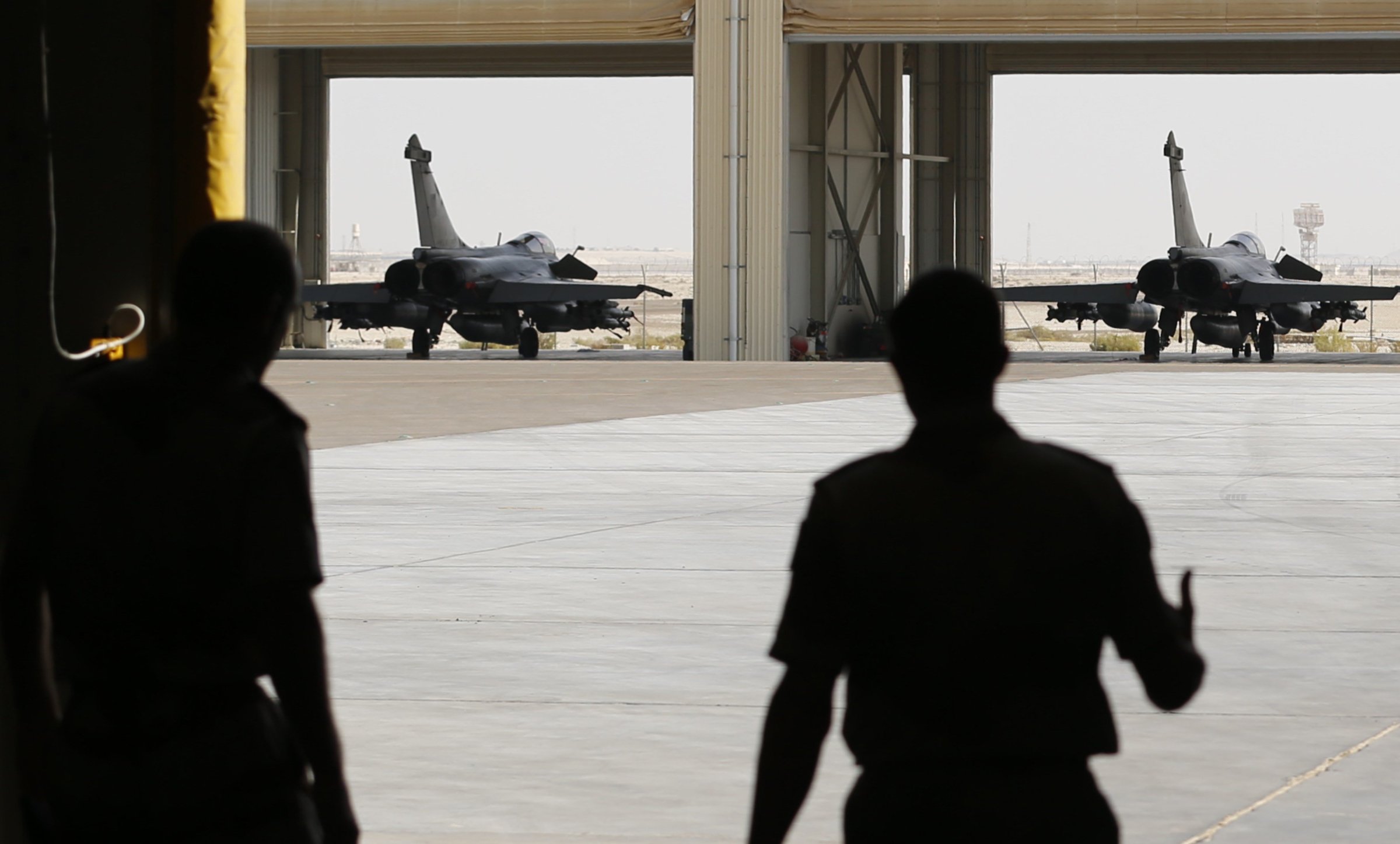
On Sunday night French jets pounded Raqqa, the claimed-capital of the militants from the Islamic State of Iraq and Syria (ISIS). It was the largest raid yet by France against the militants and the reason was clear—payback for the attack on its capital, Paris, claimed by ISIS two days before.
France has long been part of the anti-ISIS coalition but stood firm that Syrian President Bashar Assad was the main threat in Syria, and couldn’t be part of the solution.Even when the U.S. backed down from striking government targets in 2013 after alleged chemical weapons attacks by Assad’s forces, France vowed to punish Assad.
Two years later, the U.S. and France are sitting at the table with Assad’s key supporters Iran and Russia, while their fighter jets pound ISIS targets in Syria. Now some in the Syrian opposition worry that the attack in Paris is going to further push the focus of the international community away from Assad, whose future is still being debated by world powers, to ISIS—and that they may decide it’s better to live with Assad if it helps defeat ISIS.
That’s already the argument that Moscow—allied with Assad—is making. “It doesn’t matter if you are for Assad or against him,” Russian Foreign Minister Sergey Lavrov told reporters as the talks in Vienna got underway. “ISIS is your enemy.”
The attack in Paris galvanized international efforts and added pressure to find a fast solution to the conflict in Syria, which has killed more than 250,000 people and displaced millions more—most killed by regime forces, the Syrian opposition is quick to point out, not ISIS.
Over the weekend in Vienna, 19 nations set aside their differences and tried to chart a solution to the Syrian conflict. They started the session with a moment of silence for the victims of the Paris attack and also other recent attacks in Beirut, Iraq, Ankara, and Egypt. But rather than setting aside their differences, the nations involved in Vienna seem to have largely papered over those differences in order to hammer out an agreement on Syria’s future.
The bold solution has a lot big ideas—promising a ceasefire in six months, a transitional government and a new constitution and elections in 18 month—but lacks both details and the resolution of key questions. Paramount among them, of course, is the future of President Bashar Al-Assad.
“Transitional government means new government,” says Hisham Marwah, vice president of the Syrian National Coalition, an opposition network that has long been clear that Assad cannot be part of a political solution for Syria. There’s also the question of which groups fighting in Syria are considered ‘terrorists.’ All the parties agree that the ‘terrorists’ should be excluded from the political process and can be bombed even when the ceasefire comes into effect, but they differ on exactly who these terrorists are.
For the Syrian regime, and its main backers Russia and Iran, the ‘terrorists’ are any rebel group fighting against the regime—including those supported by Gulf states and Western powers. Meanwhile, Iraqi, Afghan, Iranian and Lebanese Shiite militias, including Hezbollah, are fighting on Assad’s behalf across Syria, as well as a handful of Russian forces supporting them. Even as the parties discussed the peace plan in Vienna, Syrian rebel groups were fighting against Iranian-backed militias who had Russian air cover. “We are sad for the French victims, but the Iranians and Russians are more terrorists than any other group,” says Abu Hamza, a spokesperson for Revolutionary Command Council near Damascus, part of the mostly Sunni rebel groups fighting against Assad and his allied militia.
“Everyone has his own blacklist of terrorist groups, so the war will rage on,” says Abdurahman Harkoush, a media activist close to opposition rebel groups in Syria. So far only ISIS and the Al-Qaeda-linked Nusra Front have been designated terrorist groups. “They are just making fantasies in Vienna.”
The day after the Paris attack, Assad went has far to tell reporters that the “mistaken policies” of the French have contributed to the “spread of terrorism” a seeming dig at France’s focus on ending his regime rather than ISIS. Reports now indicate that some of the Paris attackers may have fought against Assad in Syria and returned to carry out the attacks in France.
Harkoush and others worry in the wake of the Paris attacks, Lebanon, Iraq and Egypt, France and other world powers will soften their stance on Assad and focus on ISIS alone. “Now they can convince France to accept a political solution without the departure of Assad,” says Harkoush. “Now France’s main problem is ISIS. Now France wants to have its war with ISIS.”
See the World Show Solidarity for France After the Paris Attacks
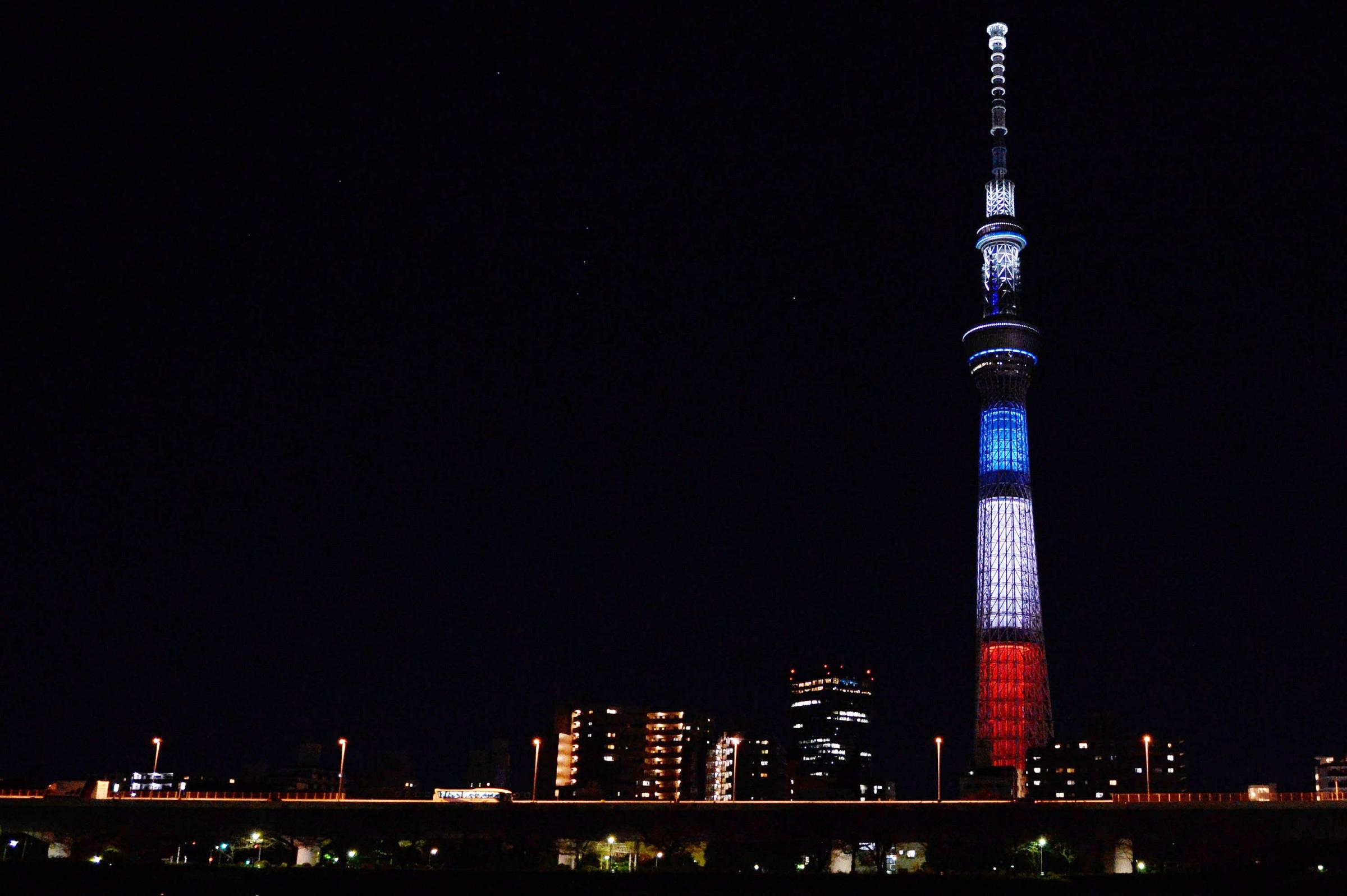
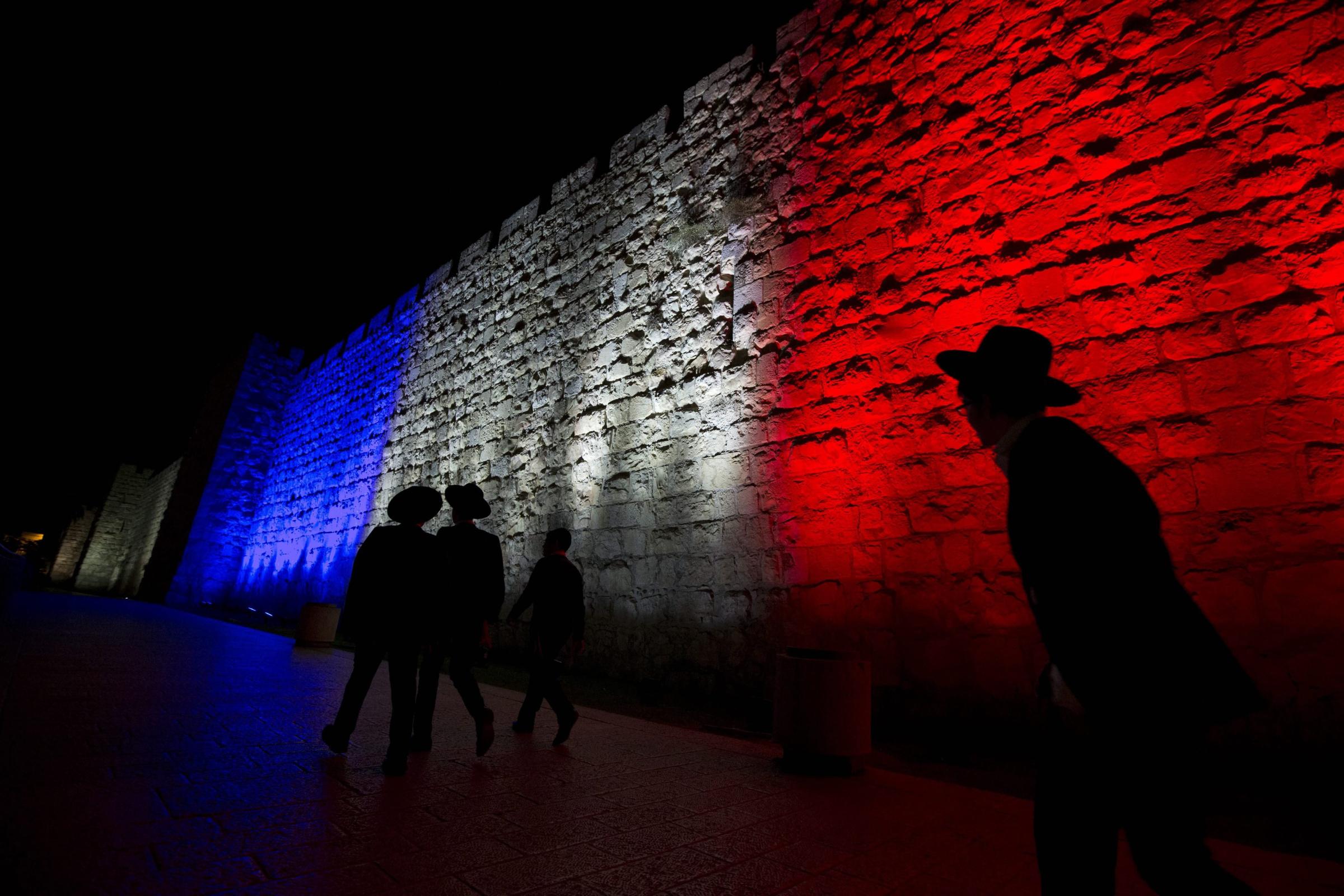
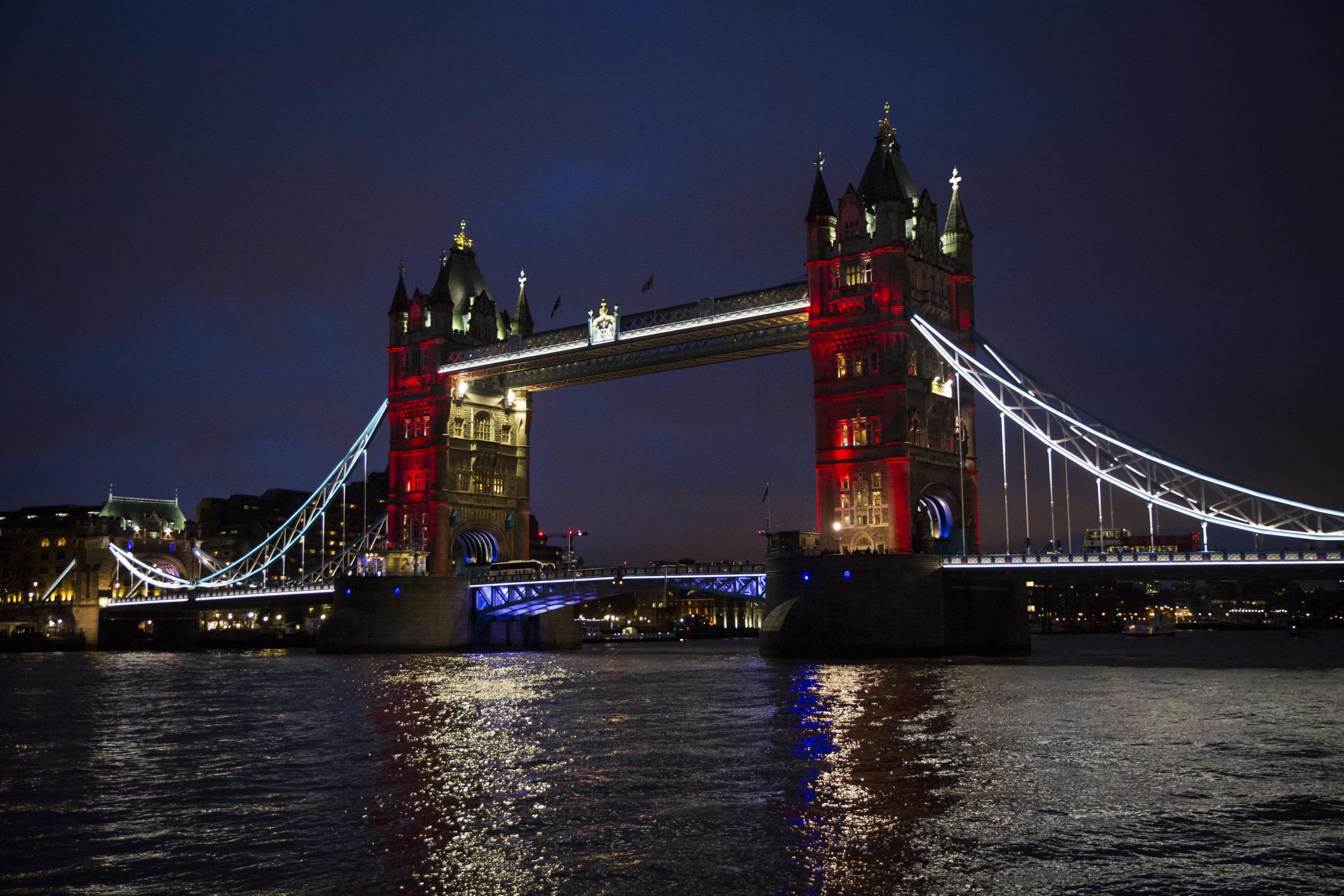

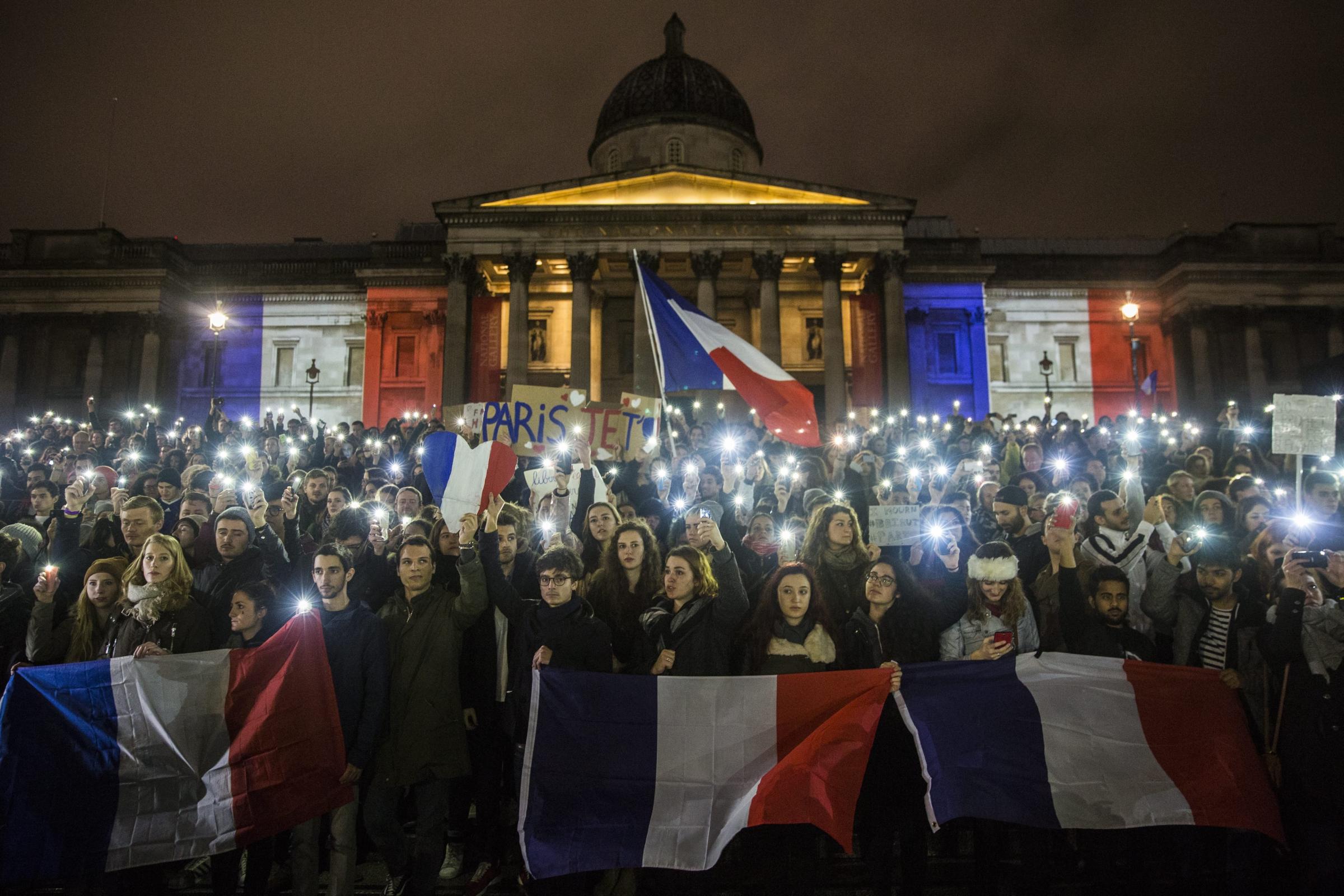
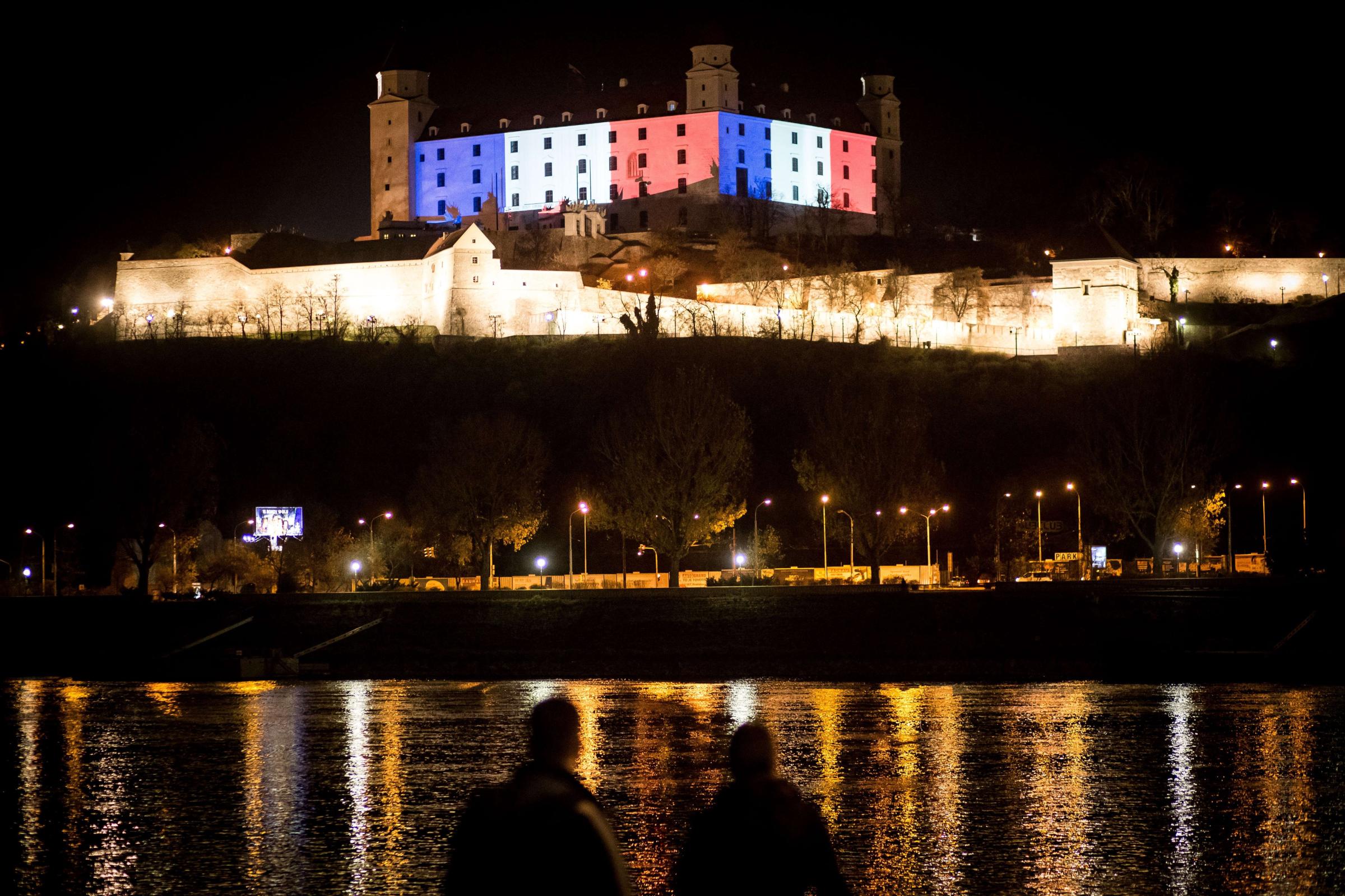
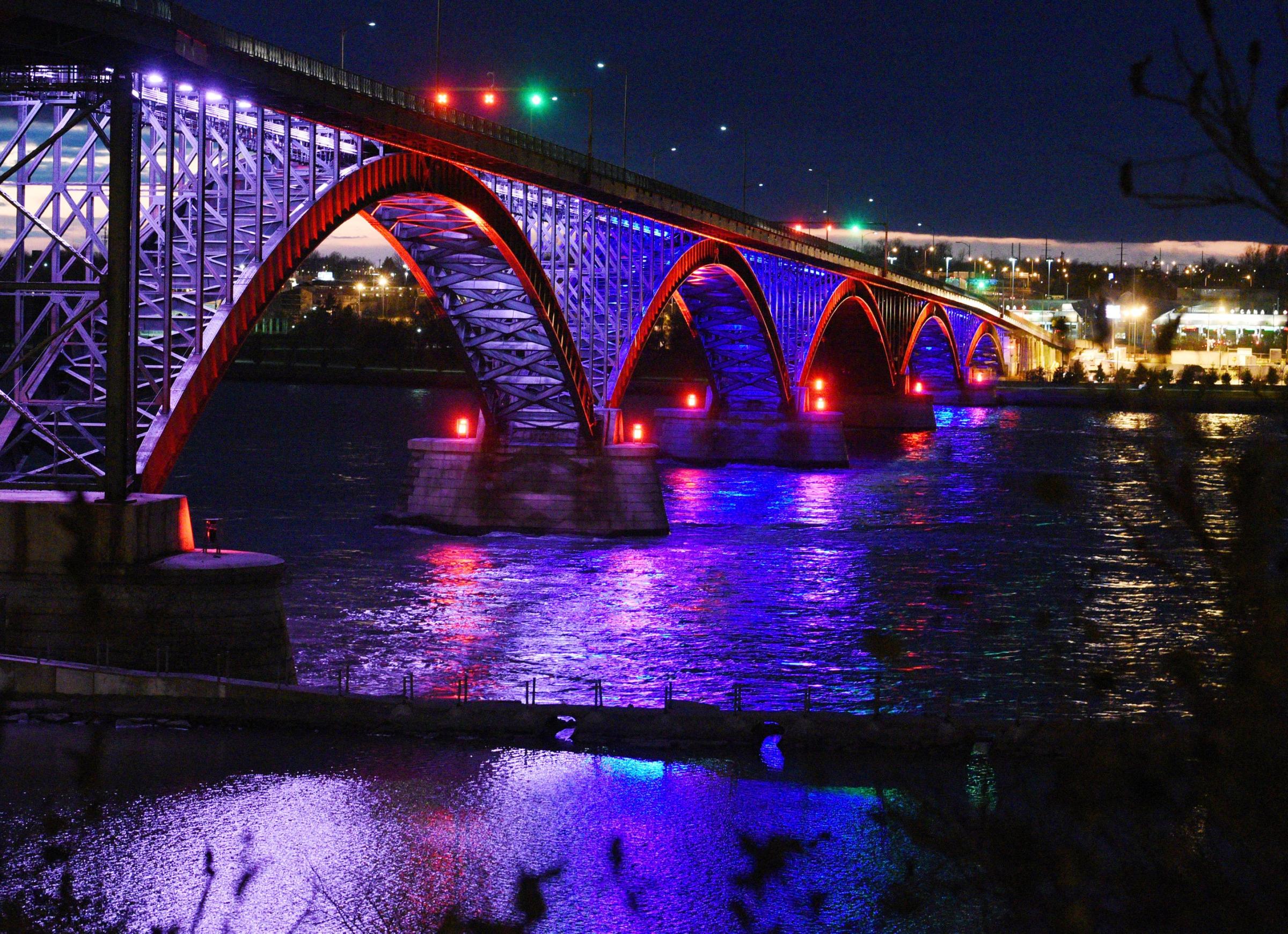
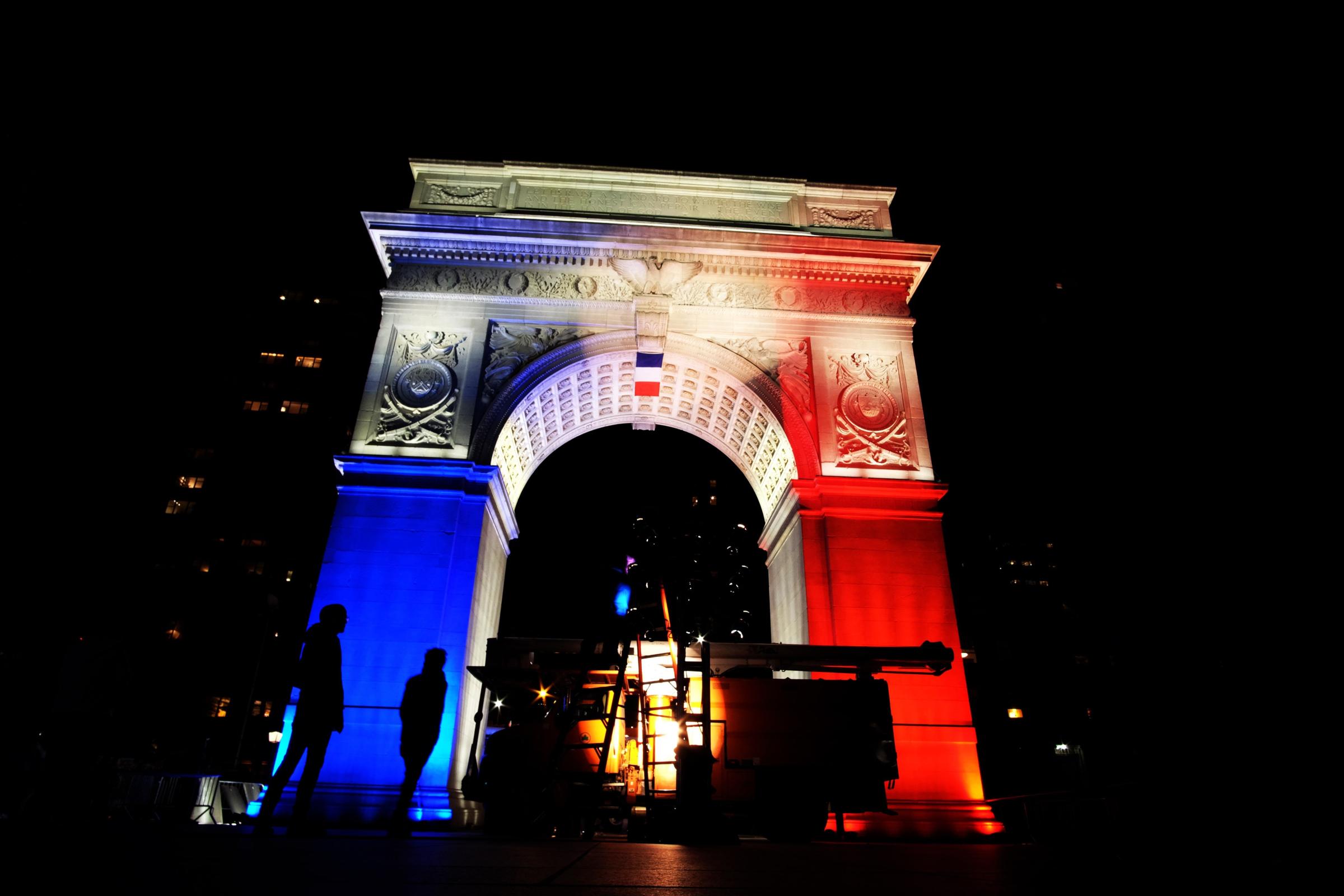
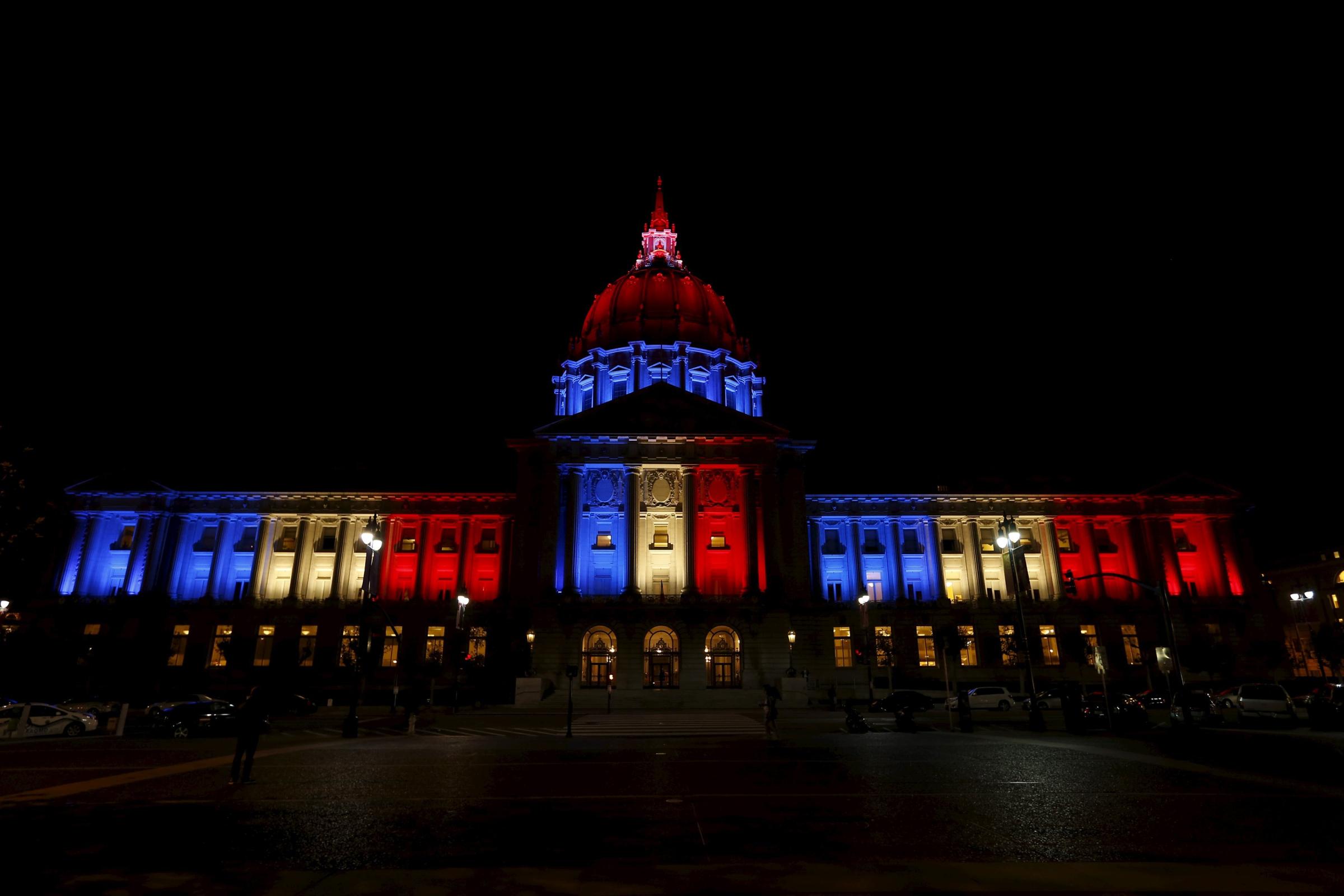
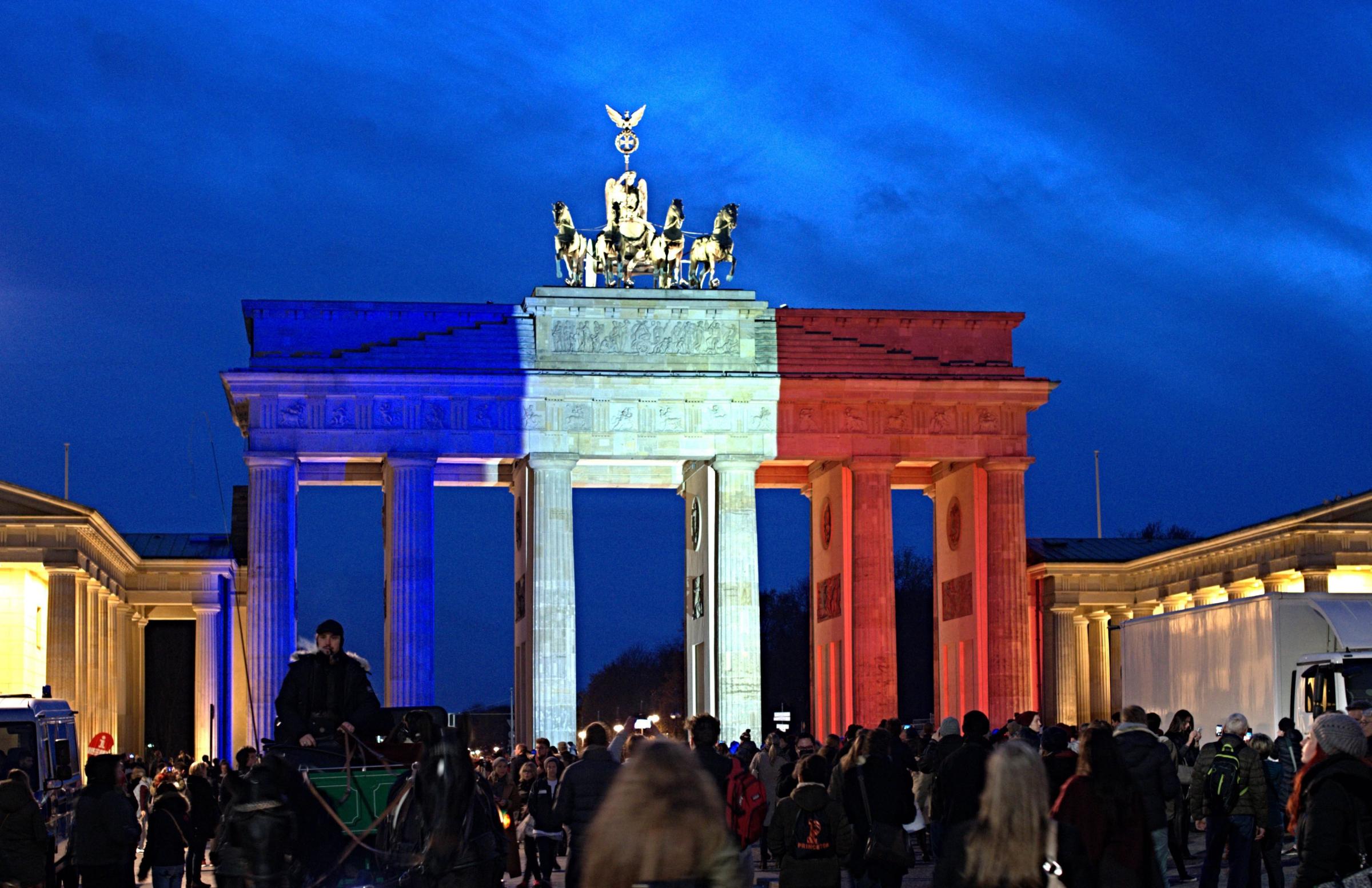
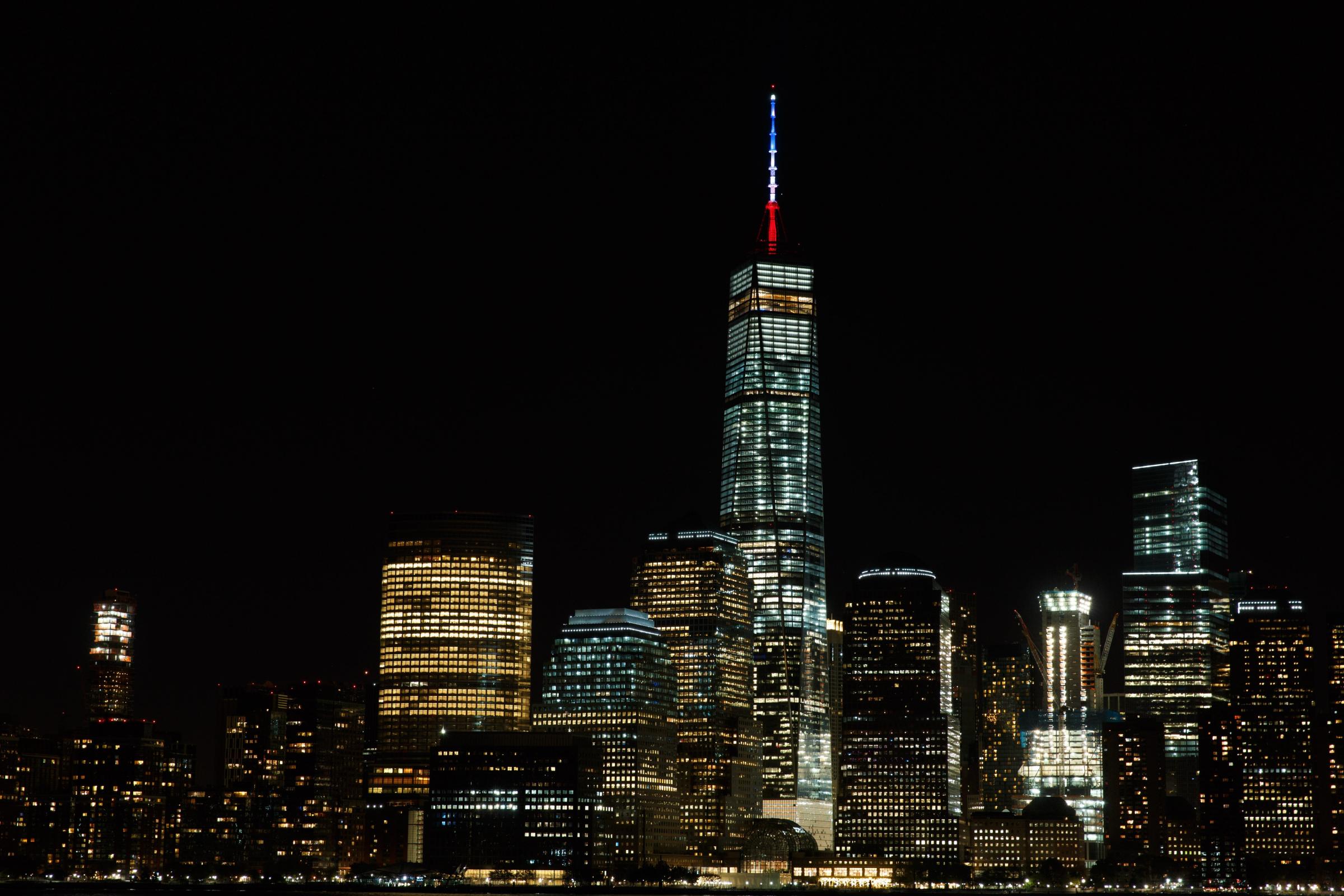
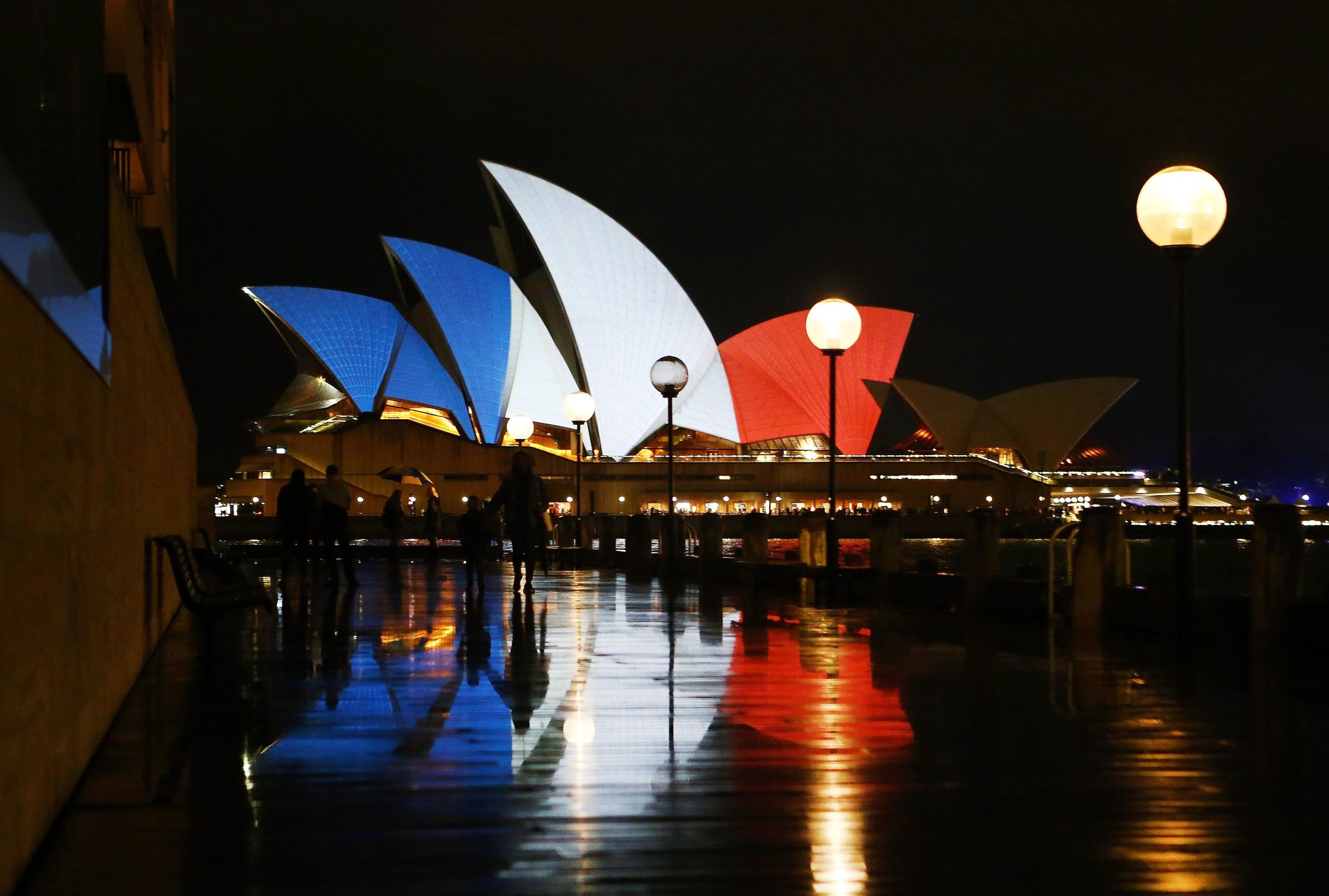
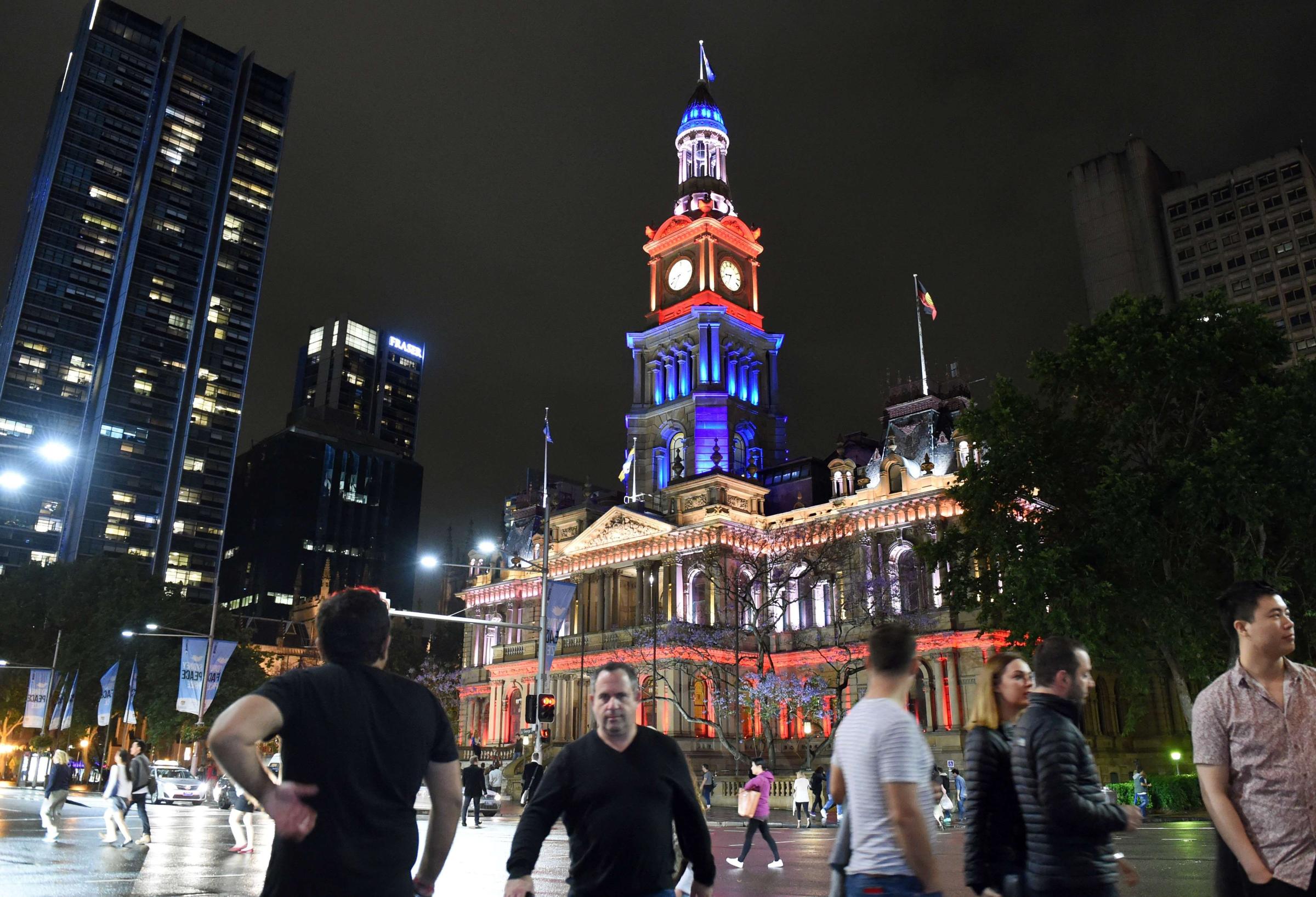
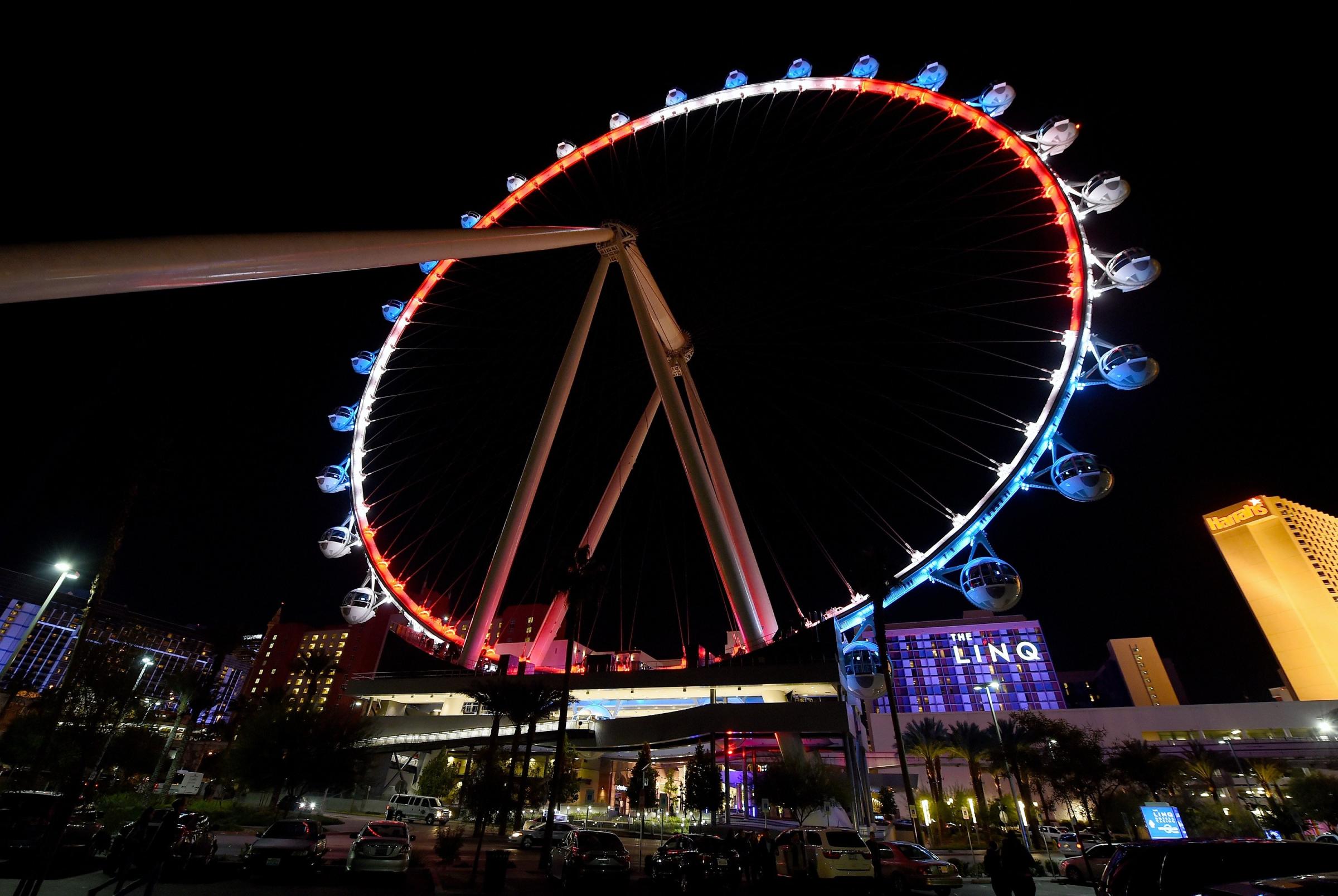
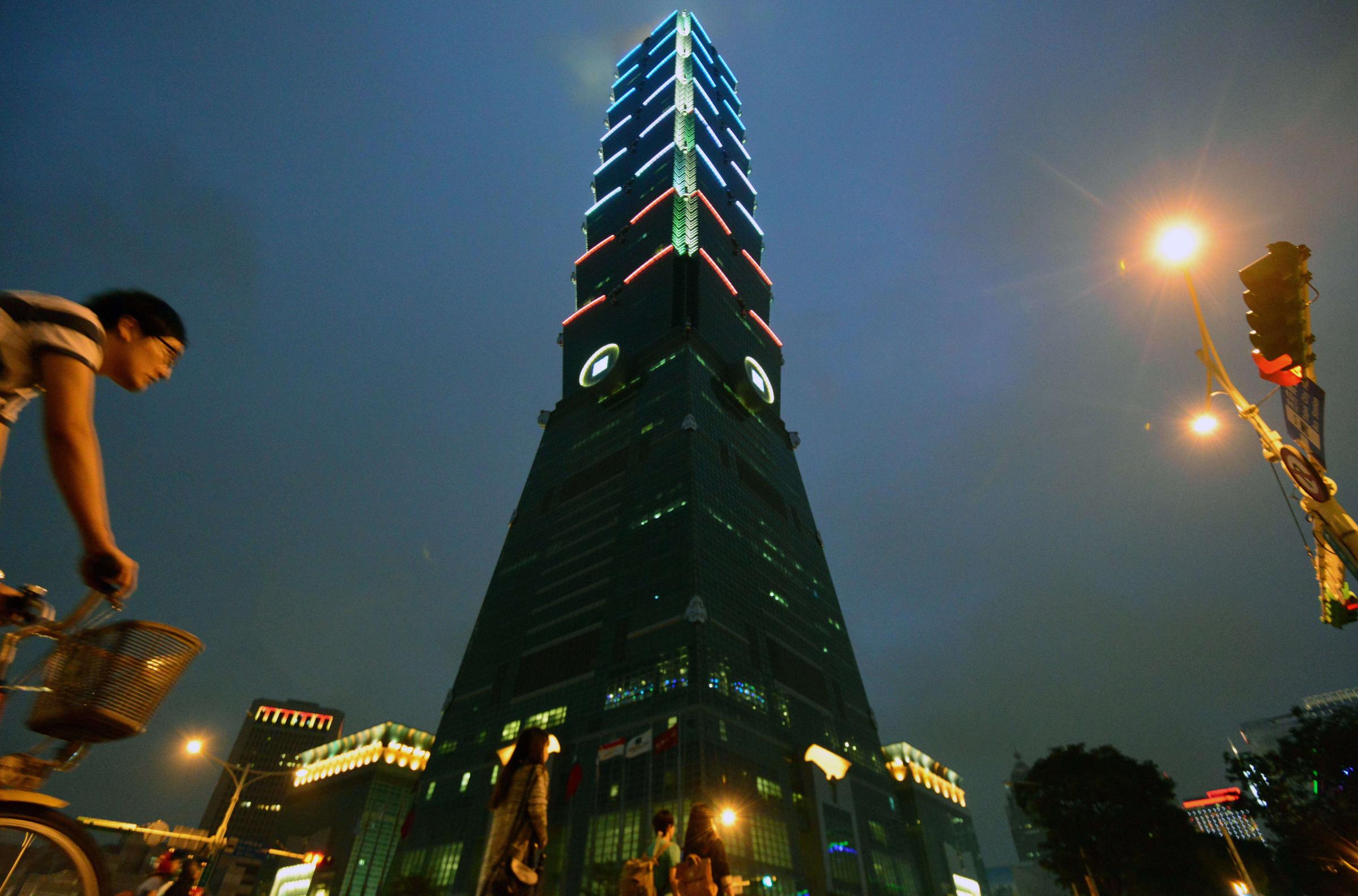
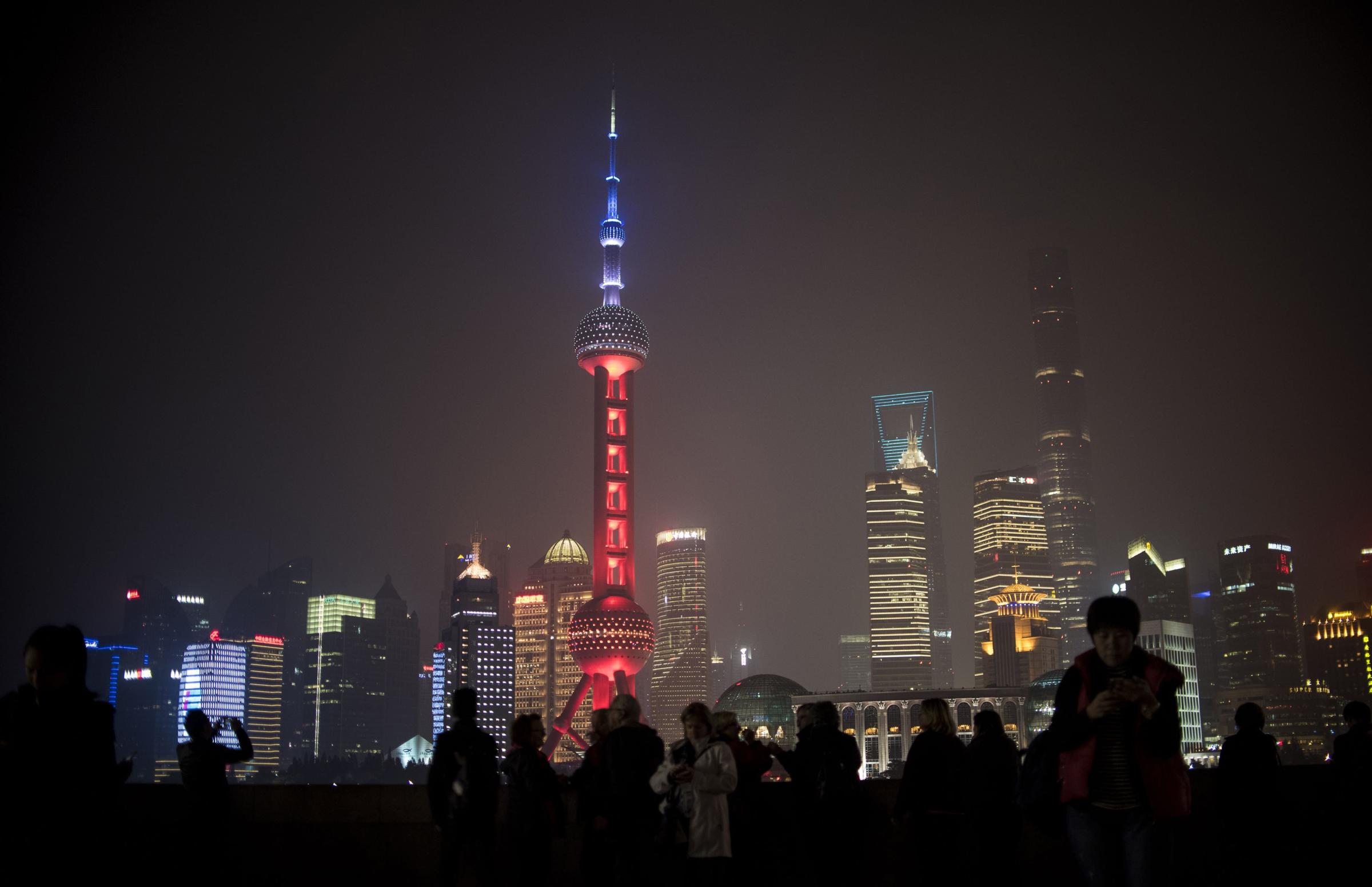
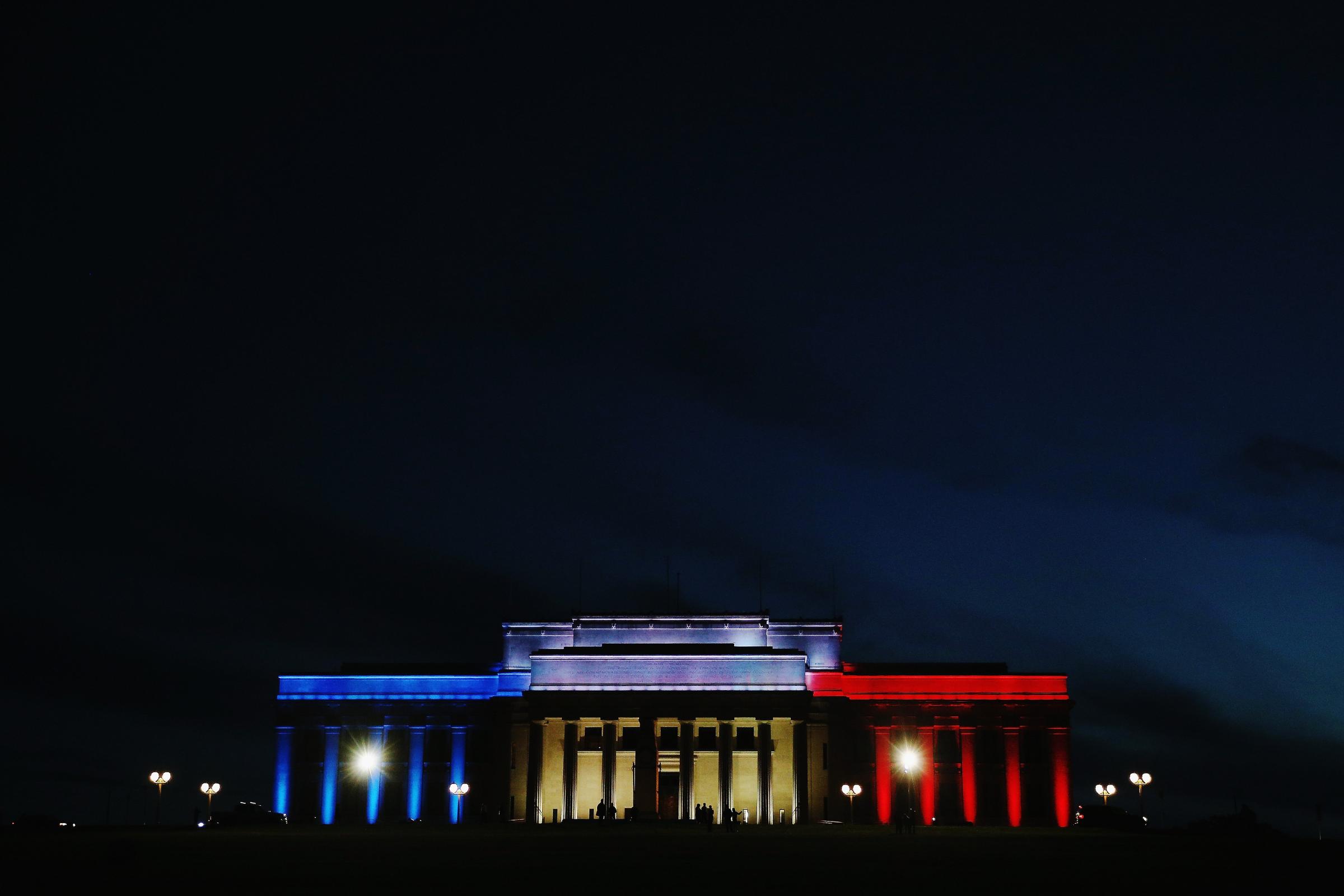
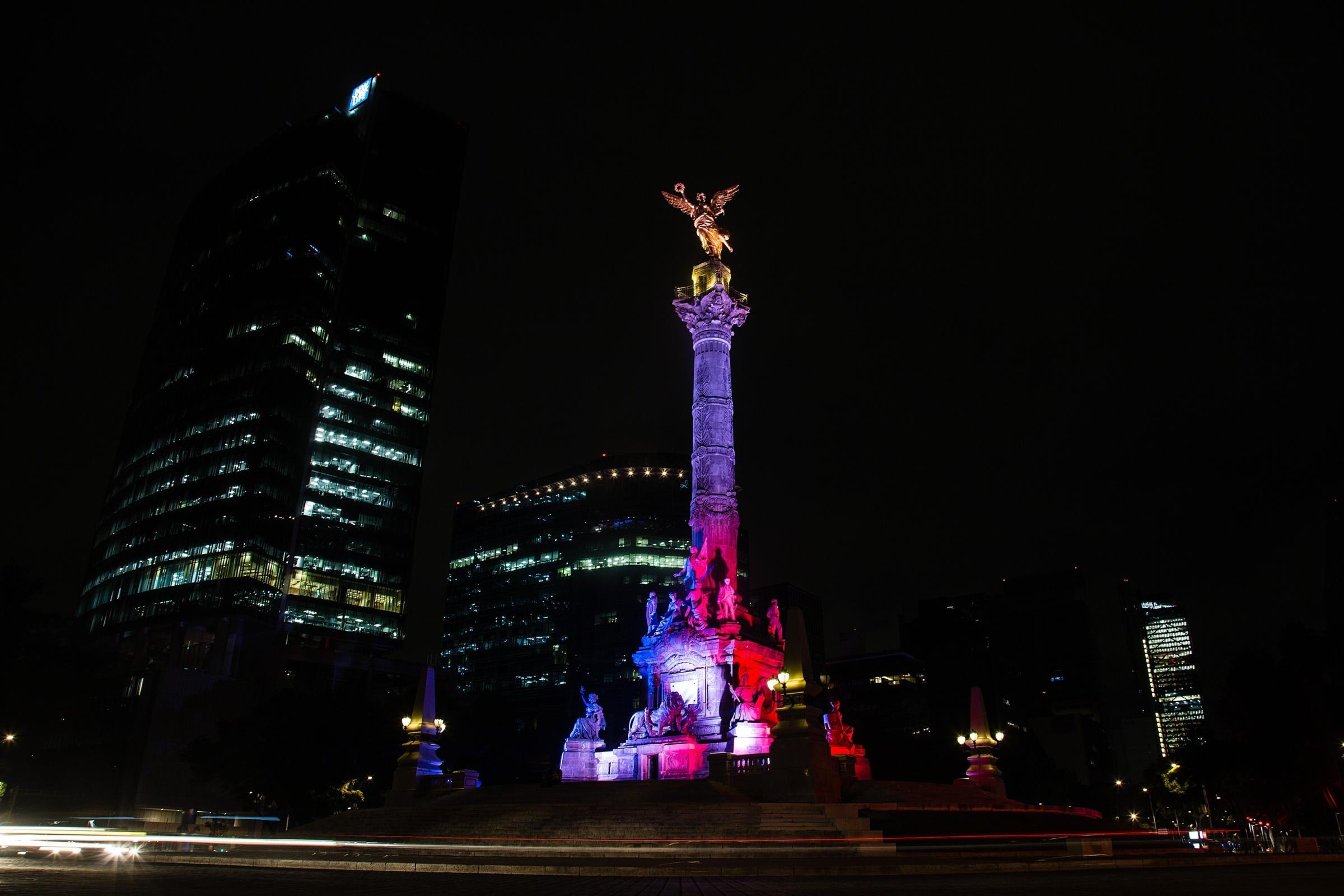
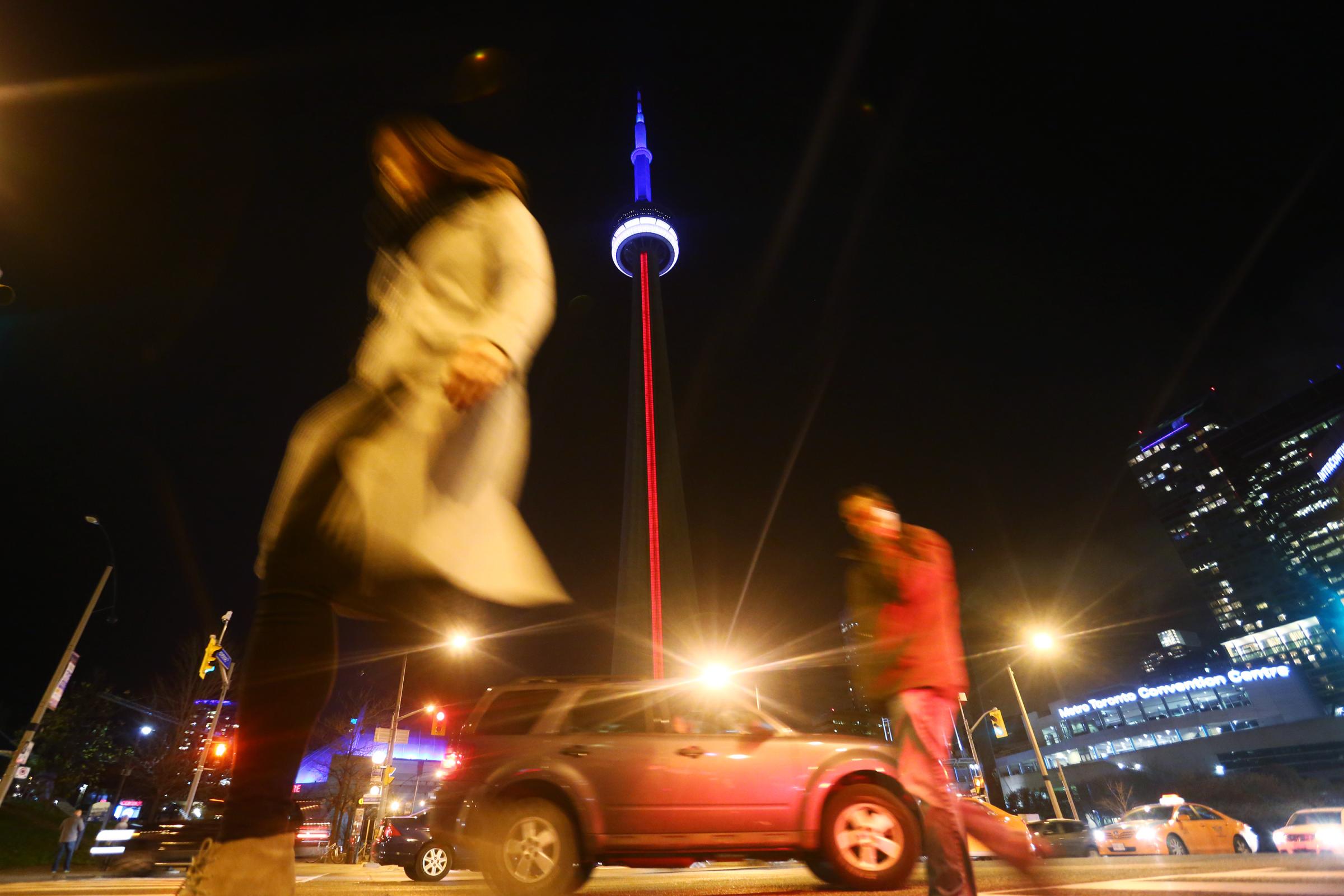
More Must-Reads from TIME
- Donald Trump Is TIME's 2024 Person of the Year
- Why We Chose Trump as Person of the Year
- Is Intermittent Fasting Good or Bad for You?
- The 100 Must-Read Books of 2024
- The 20 Best Christmas TV Episodes
- Column: If Optimism Feels Ridiculous Now, Try Hope
- The Future of Climate Action Is Trade Policy
- Merle Bombardieri Is Helping People Make the Baby Decision
Contact us at letters@time.com